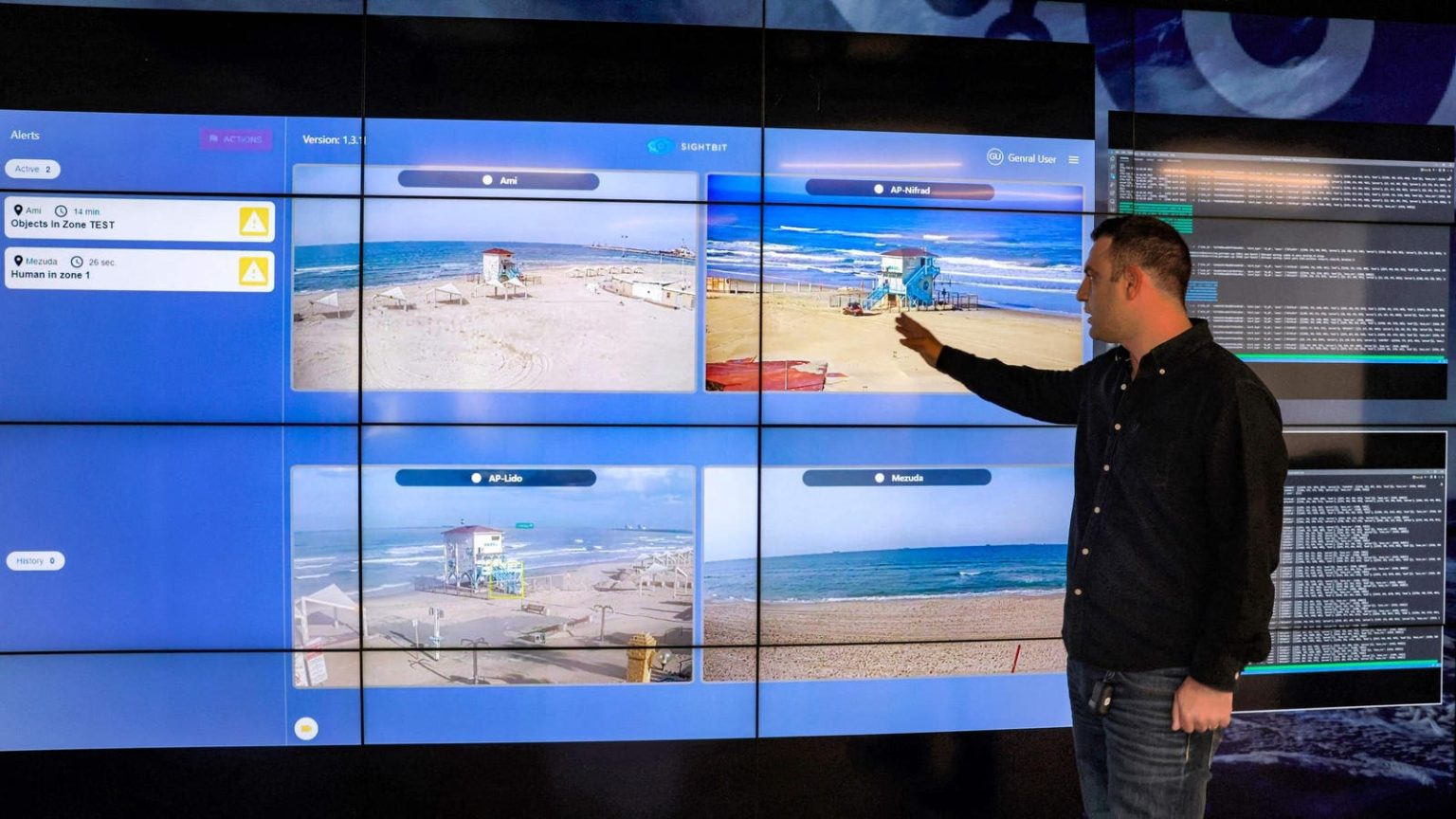In the heart of what is affectionately known as the “Startup Nation,” Israel has consistently demonstrated the remarkable synergy of human ambition and technological sophistication. Every budding entrepreneur, tech enthusiast, and avid Forbes reader is well-acquainted with the tale of this small nation that has made enduring imprints on the innovation landscape. With drones soaring above, showcasing their advancements as they navigate the 42 km stretch of the Gaza strip, Israel’s technological supremacy appeared unassailable.
However, a Hamas attack on October 7th has not only surprised but deeply shaken many of us. The fact that Israel, renowned for its impeccable tech credentials, could be momentarily caught off guard by Hamas is both disconcerting and humbling. The bold tactics employed – bulldozers breaching barriers, paragliders effectively challenging defenses, and the calculated strikes on vital communication hubs – served as a stark wake-up call.
According to a Time Magazine report, On October 7, the onset of war saw a significant portion of Israel’s standing military forces, 70%, deployed in the West Bank, with a majority of these forces tasked with safeguarding isolated settler enclaves situated in predominantly Palestinian territories, rather than ensuring the security of Israeli citizens within the nation’s recognized borders. According to Reuters and backed up by Times of Israel, the escalating tensions and ensuing military actions in the region reflect a broader narrative of rising conflict, with various sources shedding light on the unfolding situation from different vantage points. It goes beyond a nation’s defense strategy; it reflects on all of us in the global community.
As we orient our businesses, investments, and strategies around technology, we must confront a disquieting question: Are we, in our pursuit of technological excellence, inadvertently neglecting the innate human instincts that have historically guided us?
Compared to countries like the United States, China, and France, Israel is dangerously behind in their development of a unified national AI strategy. Tsvi Gal, a leading technology expert and head of Enterprise Technology Services at Memorial Sloan Kettering Cancer Center, noted, “In an age of rapid technological advancement, harnessing the power of artificial intelligence is not just an option, it’s a necessity for ensuring the security and prosperity of nations where AI is not a replacement for human expertise, but a force multiplier that empowers defense and security professionals to make more informed and effective decisions.”
For a closer perspective on current events, I corresponded with Dan Adika. He spent six years in the special operations intelligence unit of Israel. He is also the founder and CEO of WalkMe. “The technological prowess of the Israel Defense Forces (IDF) is world renown — and for good reason. Israel is the birthplace of technological innovation, from the lifesaving Iron Dome Missile Defense system to Mobileye, Waze, and even the first-ever USB flash drive.
He continued stating that current events need to be used as fuel for future innovation. “Challenges like these only sharpen our focus and fuel our commitment to technological innovation in security and defense. We will emerge stronger, smarter, and more resilient. Our tech ecosystem thrives under pressure, growing more robust and more resilient.”
His belief is inspiring. Israel will return. But how can they begin the comeback?
First Steps Toward a Secure Future
Elevating Intelligence Maturity: It’s imperative for Israel to channel investments toward amplifying its intelligence acquisition and analytical prowess to preempt unforeseen assaults.
The journey might entail including sophisticated AI cognitive agents for vigilant monitoring and threat discernment, coupled with enhanced inter-agency intelligence synergy—also, the inclusion of digital twins technology.
Fortifying Cyber Resilience: In an era where cyber-warfare is escalating, a robust cyber security architecture is indispensable for Israel. This involves harnessing AI-driven mechanisms with Quantum for swift detection and mitigation of cyber adversities, alongside nurturing a cadre of cyber security maestros dedicated to safeguarding pivotal infrastructures and networks.
Border Security Augmentation: The deployment of AI, 5G and innovative technologies can drastically augment Israel’s border vigilance, encapsulating the inception of avant-garde surveillance systems and sensors to deter and detect trespassing attempts by militants.
Infusing AI in Military Expeditions: The continuous process of assimilating AI and emerging tech into military ventures, inclusive of AI-empowered drones and precision weaponry, could propel Israel closer to efficaciously neutralizing adversarial threats while diminishing risks to its military personnel. In addition to autonomous weaponry, AI systems must be deployed to help inform military leaders in making real-time decisions concerning battle strategy. AI can process and analyze an immense amount of data from different intelligence technologies, aiding to save lives and prevent future military disasters.
Counterintelligence Investment: A pivotal agenda item should be to analyze and counteract the counterintelligence militant organizations- a significant element in the preceding assault’s triumph. Misinformation during these attacks is alarming and deadly. The amount of misinformation and the speed at which it is coming far outpaces efforts to verify. Again, AI must be deployed safely and efficiently to confirm or dismiss all information across the web.
Augmented AI: Rather than rely on technology alone or go back to humans alone, Israel should develop AI-aided technologies for quick data processing, decision advising, and real-time anomaly detection, which could leapfrog Israel back to the leadership position.
AI is not the savior. It is a tool. We need leaders in the region to make decisions and deploy AI to save lives now and prevent deaths in the future.
Read the full article here





